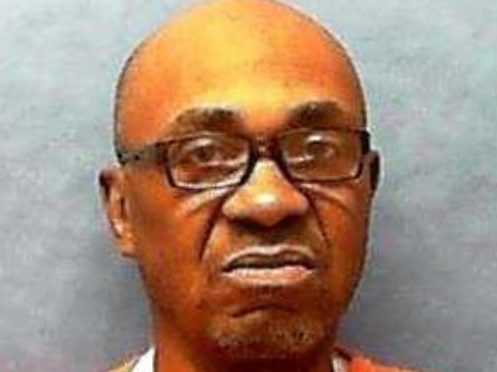A chilling consensus emerged Thursday during a U.S. House subcommittee hearing: Nigeria is rapidly becoming the most dangerous place on Earth for Christians. Lawmakers from both sides of the aisle, along with expert witnesses, painted a harrowing picture of systematic violence, mass killings, and a terrifying lack of accountability within Africa’s most populous nation.
Representative Chris Smith, chairman of the subcommittee, didn’t mince words. He declared Nigeria “ground zero” for anti-Christian persecution, a focal point of brutality unlike anywhere else in the world. This wasn’t a new concern; Smith revealed this was his twelfth hearing on the subject, built upon three firsthand human rights investigations within the country itself.
The testimony was stark. Witnesses described militants who openly boast of their atrocities – killings, kidnappings, and rapes – operating with complete impunity. The horrific attack in Yola on June 13th, where 278 people were slaughtered while attackers chanted “Allahu Akbar,” served as a particularly gruesome example of deliberate persecution, not random violence.
But the crisis is more complex than a single narrative. While acknowledging the devastating impact on Christians, Representative Sara Jacobs cautioned against oversimplification. She highlighted the interwoven factors at play: extremist insurgencies, conflicts over land and resources, and rampant banditry. The recent kidnapping of 25 Muslim girls in Kebbi state underscored the widespread nature of the violence.
The debate extended to the role of the United States. Some lawmakers criticized past administrations, pointing to cuts in peace-building programs that once offered a proactive approach to preventing conflict. Others questioned the nature of the U.S. relationship with Nigeria, asking if it was truly one of partnership or something more strained.
Bishop Wilfred Anagbe, appearing via video link from Benue state, delivered a particularly sobering account. He detailed the burning of churches, the mass displacement of communities, and the targeted abduction of priests. His chilling assertion: more Christians are killed in Nigeria annually than in the rest of the world combined.
The Bishop pleaded for more than just recognition of Nigeria as a “Country of Particular Concern” for religious freedom violations. He urged concrete action – sanctions and increased humanitarian aid for those displaced by the relentless violence. His words echoed a growing desperation for tangible support.
State Department officials defended the current administration’s approach, acknowledging the “appalling” levels of violence and the unacceptable nature of blasphemy laws in some northern states, which carry the death penalty. They outlined plans to “incentivize and compel” the Nigerian government to prioritize the protection of religious communities.
The hearing concluded with a stark warning from Representative Smith. He emphasized the Nigerian government’s constitutional duty to protect its citizens. If it fails to do so, he declared, the world – and America – cannot afford to look away. The fate of countless lives hangs in the balance.
The question remains: can a nation grappling with internal strife and a culture of denial be compelled to safeguard its most vulnerable citizens, or will Nigeria continue its descent into becoming the deadliest place on Earth to simply believe?




